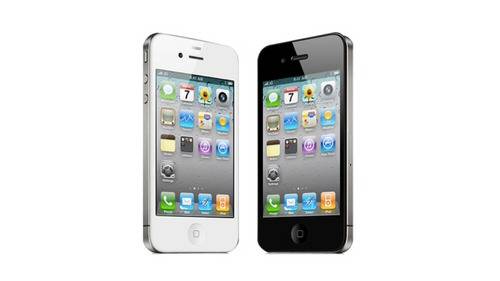
Earlier this year, the Library of Congress allowed an exemption to the Digital Millenium Copyright Act to expire, effectively making it illegal to unlock cellphones purchased after Jan. 26. A group of citizens outraged at the unlocking ban started a petition on the White House’s “We The People” website to fight the new law, garnering more than 114,000 signatures in 30 days.
Today, the White House responded. The verdict? The administration is firmly in support of ending the unlocking ban. Unfortunately, it can’t do very much about it on its own.
David Edelmen, senior advisor for the Internet, innovation and privacy at the White House, wrote:
The White House agrees with the 114,000+ of you who believe that consumers should be able to unlock their cell phones without risking criminal or other penalties. In fact, we believe the same principle should also apply to tablets, which are increasingly similar to smart phones. And if you have paid for your mobile device, and aren’t bound by a service agreement or other obligation, you should be able to use it on another network. It’s common sense, crucial for protecting consumer choice, and important for ensuring we continue to have the vibrant, competitive wireless market that delivers innovative products and solid service to meet consumers’ needs.
Which is great. Unfortunately, the Obama administration has to kick the can to Congress to really fix things. For instance, Edelman wrote, the White House would support a variety of legislative fixes:
The Obama Administration would support a range of approaches to addressing this issue, including narrow legislative fixes in the telecommunications space that make it clear: neither criminal law nor technological locks should prevent consumers from switching carriers when they are no longer bound by a service agreement or other obligation.
The odds of that at the moment? Probably not great.
In the short term, the best chance for quick action might lie with the Library of Congress itself. The LoC also released a statement today that, depending on how you squint at it, either seemed to open the door to reconsideration of the unlocking issue or to simply hedge its bets. Key sentence:
We also agree with the administration that the question of locked cell phones has implications for telecommunications policy and that it would benefit from review and resolution in that context.
The White House said that any users that own their cellphones and are not hindered by service contracts should be able to do what they please with their devices.
This is particularly important for secondhand or other mobile devices that you might buy or receive as a gift, and want to activate on the wireless network that meets your needs — even if it isn’t the one on which the device was first activated. All consumers deserve that flexibility.
The petition was started by Sina Khanifar, an entrepreneur that once owned a website called Cell-Unlock.com. Here is Khanifar’s response to the White House’s response:
A little earlier I received a call from David Edelman at the White House, and he gave me the news. I’m really glad to see the White House taking action on an issue that’s clearly very important to people. As the White House said in the response, keeping unlocking legal is really “common sense,” and I’m excited to see them recognizing this. David was enthusiastic about getting this fixed as quickly as possible.
This is a big victory for consumers, and I’m glad to have played a part in it. A lot of people reacted skeptically when I originally started the petition, with lots of comments to the effect of “petitions don’t do anything.” The optimist in me is really glad to have proved them wrong. The White House just showed that they really do listen, and that they’re willing to take action.
While I think this is wonderful, I think the real culprit here is Section 1201 of the DMCA, the controversial “anti-circumvention provision.” I discussed with the White House the potential of pushing to have that provision amended or removed, and they want to continue that conversation. I’ll have exciting news on the campaign to make this happen tomorrow.

















